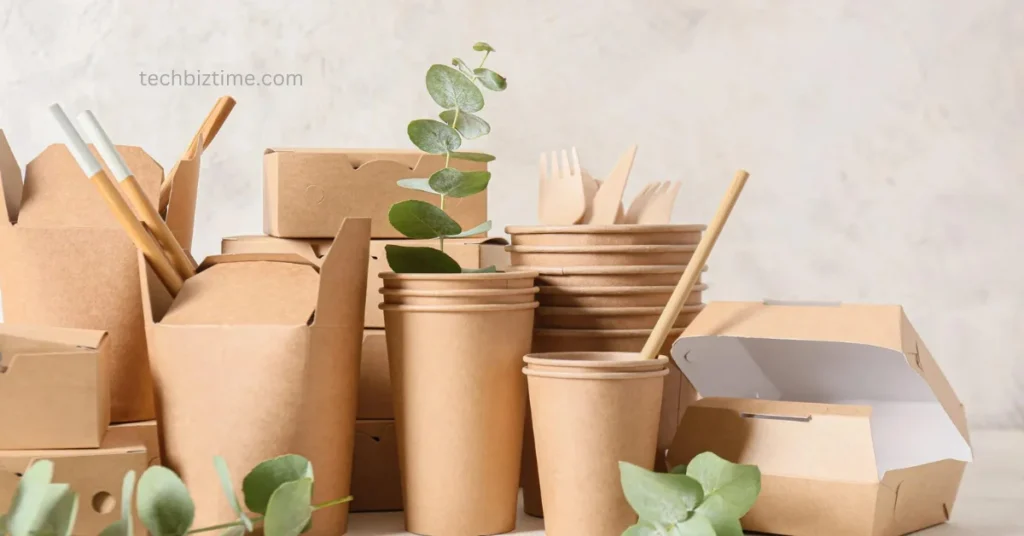Sustainable packaging refers to the use of packaging materials that are environmentally friendly throughout their entire lifecycle. These materials can be recycled or reused without causing harm to the environment, making them a responsible choice for businesses.
The utilization of sustainable packaging offers numerous benefits. Firstly, it helps reduce the amount of waste that ends up in landfills. By opting for sustainable materials, companies can contribute to waste reduction efforts. Moreover, sustainable packaging often involves the use of recycled materials, which conserves valuable natural resources. Additionally, sustainable packaging can be biodegradable, meaning it naturally breaks down and decomposes without causing pollution.
Various types of sustainable packaging
Various types of sustainable packaging materials are commonly used today. These include paperboard, cardboard, glass, metal, and plant-based plastics. Each material has its advantages and drawbacks in terms of sustainability.
Paperboard is a popular choice as it is both recyclable and compostable. However, it may not be suitable for packaging heavy or fragile items due to its lesser strength compared to other materials.
Cardboard, another recyclable and compostable material, is stronger than paperboard. It is a suitable option for packaging heavier or more delicate items. However, recycling cardboard can be challenging if it is contaminated with food or other substances.
Glass is a sustainable material that can be recycled repeatedly without losing its quality. It is non-toxic and does not release harmful chemicals into the environment. Nevertheless, glass is fragile and may not be the best choice for packaging products that are prone to damage during shipping.
Metal is a sustainable material that can be endlessly recycled. It is also strong and durable, making it ideal for packaging heavy or fragile items. However, due to its weight, metal packaging may require special handling during the recycling process.
Plant-based plastics are a type of plastic that is biodegradable. These plastics, derived from renewable resources such as corn or sugarcane, are known as biobased packaging. While they offer environmental benefits, plant-based plastics can be more expensive than traditional plastics and may not possess the same strength and durability.
Choosing sustainable packaging materials
Choosing sustainable packaging materials involves considering various factors. It is crucial to select materials that can be recycled or reused to reduce landfill waste. Additionally, the strength and durability of the materials should be taken into account to ensure product protection during shipping. Cost and biodegradability are also important considerations.
Implementing packaging practices not only benefits the environment but also offers advantages for businesses. By using sustainable packaging materials, companies can reduce their carbon footprint and gain a competitive edge by setting themselves apart from their competitors. Moreover, packaging helps foster customer loyalty, as more consumers actively seek out businesses that take measures to protect the environment.
If you are interested in incorporating sustainable packaging materials into your business, it would be wise to reach out to PaperFoam®, a company specializing in eco-friendly packaging solutions.
